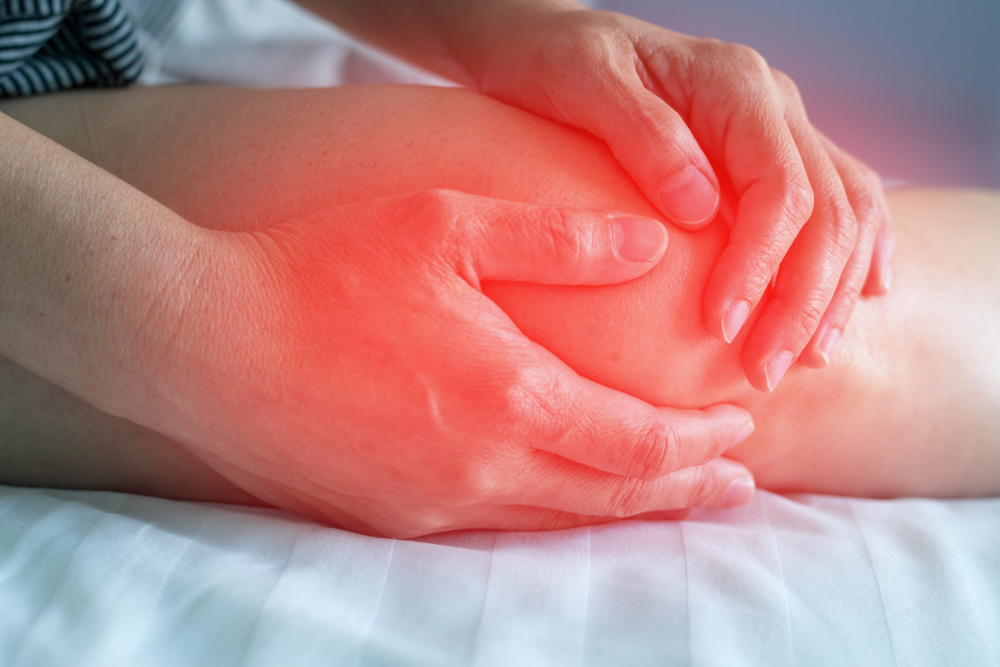Your doctor may begin by getting some information about your medical history and symptoms. For instance, they may inquire:
- When your joint swelling began
- Where the swelling has happened
- How extreme the swelling has been
- If anything appears to trigger the swelling
If you have some other manifestations along side joint swelling, your doctor will likewise need to inspect the affected joints. They may request some tests. For instance, they may order:
- Blood tests
- Imaging tests, like, x-rays
- Joint exam- a test in which your doctor will use a needle to draw a little sample of fluid from the affected joint to be examined in a lab
TREATMENT
Your doctor’s suggested treatment plan will based upon the reason for your symptoms.
When joint swelling happens, at-home and over-the-counter medicines can help diminish your symptoms and pain.
If the joint is seriously damaged and if it swells bigger than the normal size, your doctor may likewise urge you to abstain from moving or putting weight on the affected joint for a time.
In case you’re diagnose to have a long-term condition, like osteoarthritis or lupus, pursue your doctor’s prescribed treatment plan. They may suggest medicines, exercise based programs, or different medications to help soothe your symptoms and keep up with the health of your joint.
Approach your therapist for more data about your diagnosis, treatment alternatives, and long term management.


